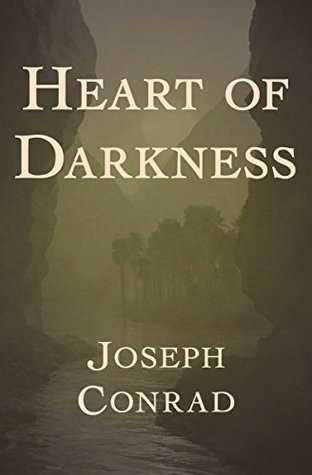More on this book
Community
Kindle Notes & Highlights
“And this also,” said Marlow suddenly, “has been one of the dark places of the earth.”
One ship is very much like another, and the sea is always the same. In the immutability of their surroundings the foreign shores, the foreign faces, the changing immensity of life, glide past, veiled not by a sense of mystery but by a slightly disdainful ignorance; for there is nothing mysterious to a seaman unless it be the sea itself, which is the mistress of his existence and as inscrutable as Destiny.
“They were dying slowly—it was very clear. They were not enemies, they were not criminals, they were nothing earthly now,—nothing but black shadows of disease and starvation, lying confusedly in the greenish gloom.
I don’t like work—no man does—but I like what is in the work,—the chance to find yourself. Your own reality—for yourself, not for others—what no other man can ever know. They can only see the mere show, and never can tell what it really means.
And this stillness of life did not in the least resemble a peace. It was the stillness of an implacable force brooding over an inscrutable intention.
“The earth seemed unearthly. We are accustomed to look upon the shackled form of a conquered monster, but there—there you could look at a thing monstrous and free.
It echoed loudly within him because he was hollow at the core.
he said: these heads were the heads of rebels. I shocked him excessively by laughing. Rebels! What would be the next definition I was to hear? There had been enemies, criminals, workers—and these were rebels. Those rebellious heads looked very subdued to me on their sticks.


